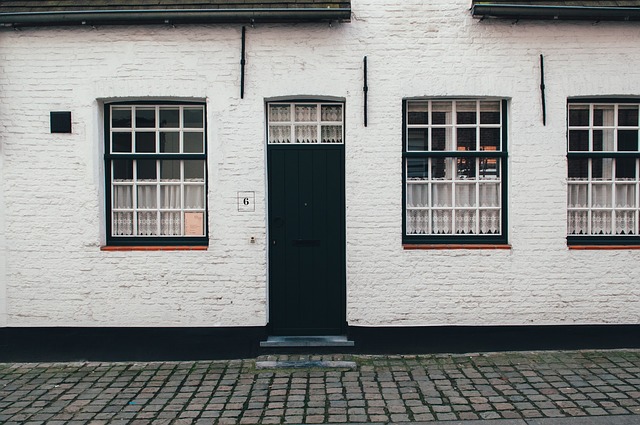Simple Steps To Increase Your Rental Income
Buying a property as an investment is a big step – you need to make absolutely sure you’re getting a return for the amount of risk that you take.
Your rental income is a business, like any other, and you should run it that way. Constantly looking for ways to make small improvements to increase your yield from the property you own should be a standard procedure. Use these top tips to make sure you’re turning a profit.
Use this site to apply for a loan Find My Rate at Social Finance Pay off credit cards or invest in a major purchase
Contents
Keep Your Property Fully Occupied
Much like a grounded plane, every time your rental property is without a tenant, it’s not making you money.
Your aim should be to minimize the time your house isn’t occupied by arranging long-term contracts, vetting tenants carefully and cultivating a good relationship with them so you can catch wind of any troubles quickly.
When you do have expected periods without a tenant, reduce the turnaround time as much as possible, so that you can remarket the property within a week or so of the previous tenants vacating.
Many freelancers and business owners may have times when cash flow is a problem. Use this site to apply for a loan Find My Rate at Social Finance in order to cash flow your business until you can collect receivables from customers.
Lower Your Admin Costs
Every amount you pay out in administrative costs for your rental properties is money off the bottom line, so look to streamline where possible.
Find a leasing agent who will offer a fixed fee, rather than paying per property, or look for an online leasing agent.
If your properties are in sought-after locations, an online leasing agent can to be much cheaper. This freedom and flexibility can drastically reduce your admin costs.
It all comes back to vetting tenants thoroughly and being approachable, so the renter feels they can tell you if there are any changes to their financial circumstances – if so, you’ll have a much better chance of cutting down your losses than finding yourself with the cost to hire a collection agency.
Regular Property Inspections
It’s a good idea to insist on regular property inspections, even if you feel you have good tenants.
Spot checking isn’t just about seeing that whoever lives there is taking care of the place. It’s about identifying potential issues that the tenant may not even have noticed, like blocked gutters or loose roof tiles.
Minor repairs to a roof or replacing small things are far less expensive to fix than if problems are allowed to develop unchecked.
Also make sure that you have an inventory list for new tenants. It helps to ensure that everything is accounted for, especially if you have multiple properties to manage, and also allows you to accurately compute any deposit funds needed to cover damage and repairs.
Get Your Rental Income Right
This one is an easy principle, but can be quite tricky in practice. It’s good practice to review your rental charges at least annually – you can do this by requesting a rental valuation with a leasing agent.
Use services like Zoopla to sign up for email alerts on other rental properties in the same area so you can have a basis for comparison. You need to strike a fair balance with how much rent you choose to charge. If you pitch the property as too expensive, you can struggle to get tenants, but undercharging means that your pocket takes a hit.
Make sure that you include a clause in your rental agreement that gives you the right to increase rent charges in line with the rate of inflation once a year, otherwise you may be stuck with escalating expenses with no corresponding boost in income.
Ken Boyd
Author: Cost Accounting for Dummies, Accounting All-In-One for Dummies, The CPA Exam for Dummies and 1,001 Accounting Questions for Dummies
(email) ken@stltest.net
(website and blog) https://www.accountingaccidentally.com/

